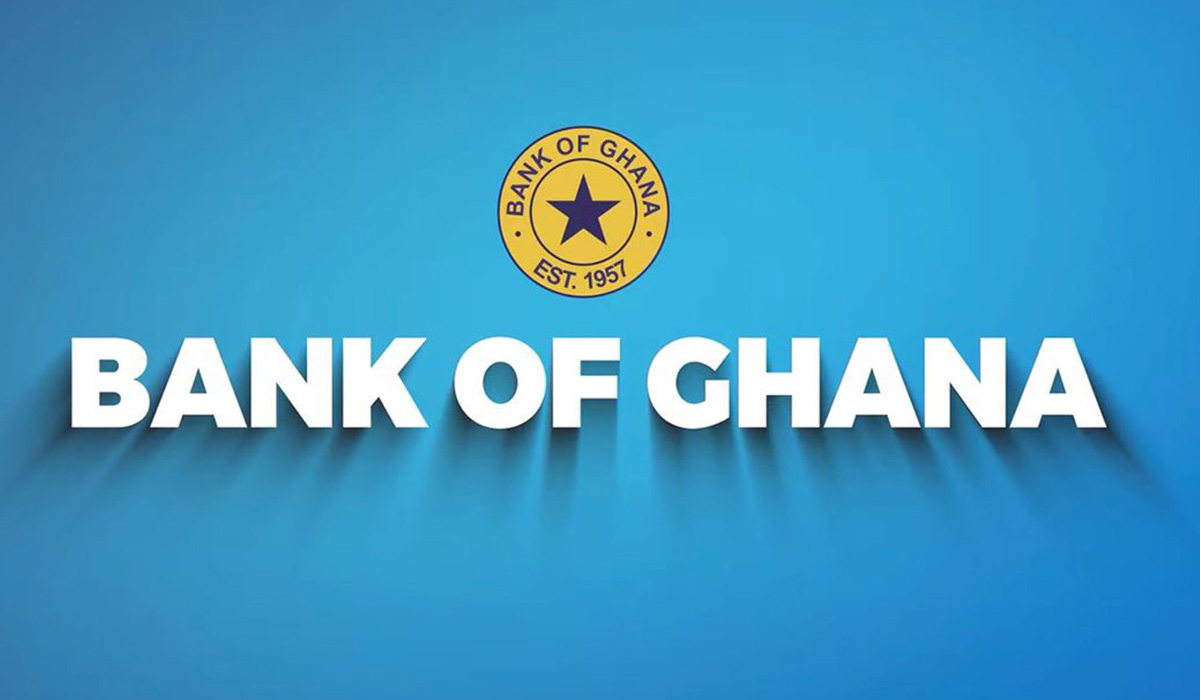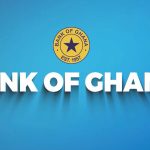Operating A Credit Bureau In Ghana
The purpose of this article is to describe the statutory requirements for operating a Credit Bureau under Ghanaian law.
Credit Reporting Act, 2006 (Act 726)
Licensing Requirements
The act gives the Bank of Ghana supervisory and regulatory authority over all credit bureaus. In order to operate a credit bureau legally, a license must be obtained by submitting an application to the Bank of Ghana. It is a criminal offense to operate a credit bureau without the proper licensing. The application must be made in writing in the form prescribed by the Bank of Ghana. The requirements for application include but are not limited to:
• Incorporation under the Companies Code 1963 solely for the purpose of carrying out credit bureau activity
• Proof of the ability of the bureau to function efficiently and to provide reliable information to the Bank of Ghana
• A business plan to present to the Bank of Ghana
• A plan in place to address customer complaints and problems
A license may not be applied for if a person with ten percent or more of the voting rights in the bureau is a financial institution, a debt collection agency, or a person who conducts a disqualified business as defined by the act. The applicant must provide documents with the application including but not limited to:
• Documents that prove the incorporation of the credit bureau and attest to the value of the capital base
• A feasibility study of the credit bureau’s business plan
• Information regarding shareholders, directors, and officers of the credit bureau
• A description of the physical premises of the credit bureau
• An overview of the credit bureau’s intended operations Bank of Ghana must inform an applicant of its decision regarding the application within three months of receipt. If there is an error in the application itself, the Bank of Ghana must inform the applicant in writing and allow a time period for the application to be corrected. If the error is not corrected, the application may not be processed. Additionally, the Bank of Ghana must inspect the physical premises of the credit bureau to determine the adequacy of security systems and management. If the Bank of Ghana decides to grant a license, they may do so with stipulations, conditions, or restrictions that the bureau must adhere to, and the issued license must be displayed on the physical premises of the bureau’s place of business
Revocation
The Bank of Ghana may revoke a license if a credit bureau does not comply with the terms of its license or contravenes any provision in the act. The license may be suspended for a specific time period, but notice must be given to the bureau along with reasons for the suspension. If the credit bureau is able to correct the deficiency, the Bank of Ghana may reinstate its license.
Operational Requirements
A credit bureau must adhere to the operational requirements outlined in the act. These requirements are necessary both for applying for a license and for the credit bureau’s ongoing operations. Generally, these include but are not limited to:
• Maintaining security and safety, both of the physical premises of the bureau and concerning electronic databases
• Assuring the accuracy of any data that the bureau collects
• Providing measures of quality control
• Adhering to policies that maintain confidentiality
• Adhering to the act’s guidelines for data management
Operational Duties
Licensed credit bureaus have the obligation to submit to technical audits, and provide information, upon request, in accordance with the act, including reports and records. A credit bureau must notify the Bank of Ghana of any change in the control of the business, and any amalgamation of the bureau with another financial institution is subject to approval from the Bank of Ghana. The act further proscribes guidelines as to the data providers that credit bureaus may use and specific instructions as to how these institutions may operate in conjunction with one another.
A credit bureau may receive, compile, or report information that is ordinarily available to the public. Any information that the bureau has possession of through either data bases or public information must be maintained in a database. This database must be maintained in accordance with certain standards outlined in the act. This includes keeping information stored for a period of time not exceeding six years, regular updates, and security measures to ensure confidentiality.
The bureau is required to provide information concerning a person to that individual if they so request. If the person challenges the accuracy of the information, the credit bureau is obligated to take steps to support the challenged data and to investigate the disputed information. Additionally, privacy and security principles, as outlined in the act, must be adhered to at all times.
A bureau that does not comply with any provision of the act or does not comply with a request for information from the Bank of Ghana may be subject to the suspension or revocation of its license. Additionally, the Bank of Ghana may inspect the records, books, and accounts of the bureau in the event of a perceived breach. If the Bank of Ghana conducts such an investigation, the bureau will be obligated to produce all such documents as requested by the bank.
The act enables the court to take various steps in order to regulate the bureau. A magistrate may issue a warrant authorizing the Bank of Ghana or another person to enter and search the premises of the credit bureau for investigative purposes. A magistrate may also enjoin a credit bureau from engaging in certain types of conduct.
The act also provides guidelines for closing a bureau or transferring control of the business. Generally, either of these actions must be done with the permission and supervision of the Bank of Ghana.
AUTHOR: AB Lexmall & Associates



